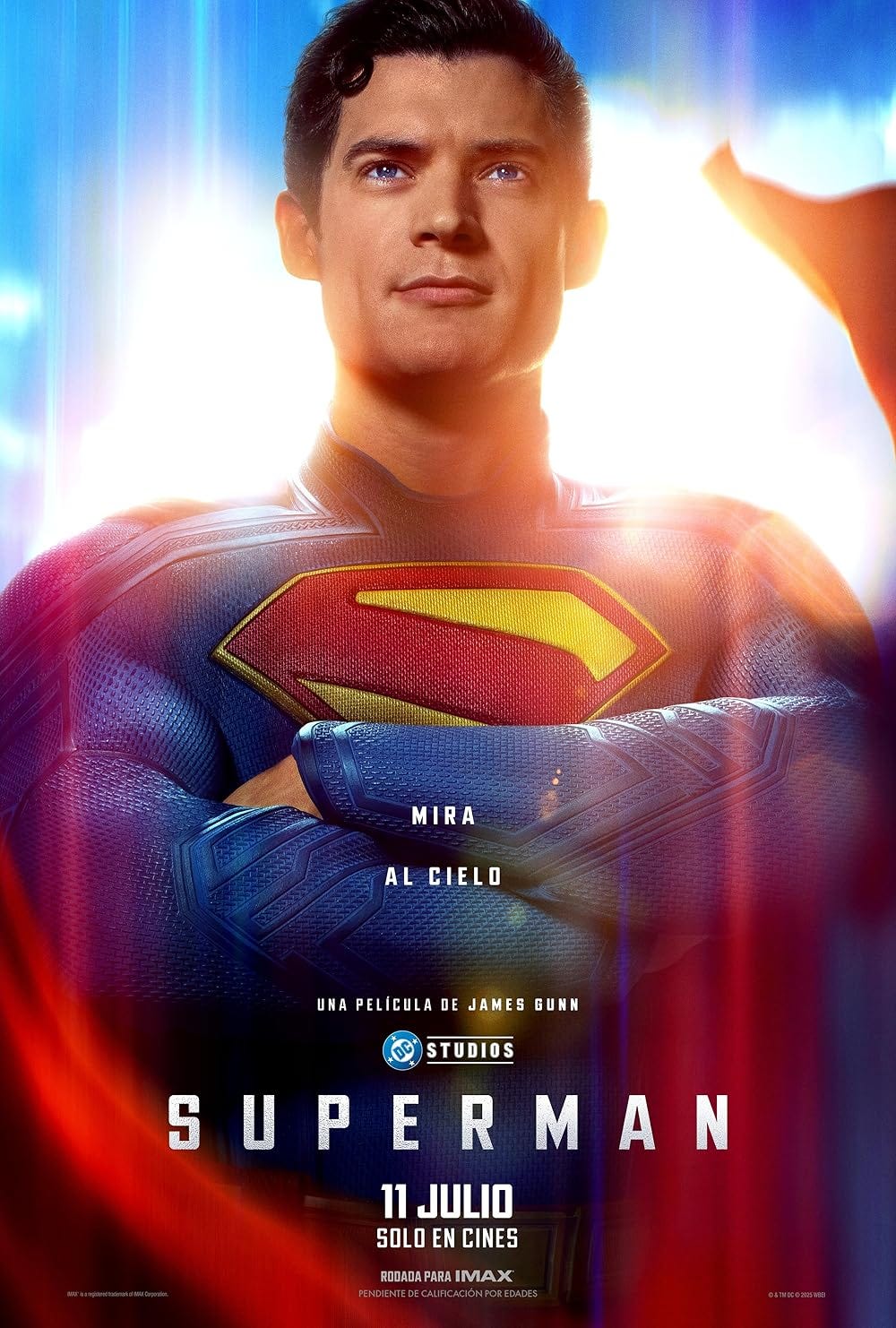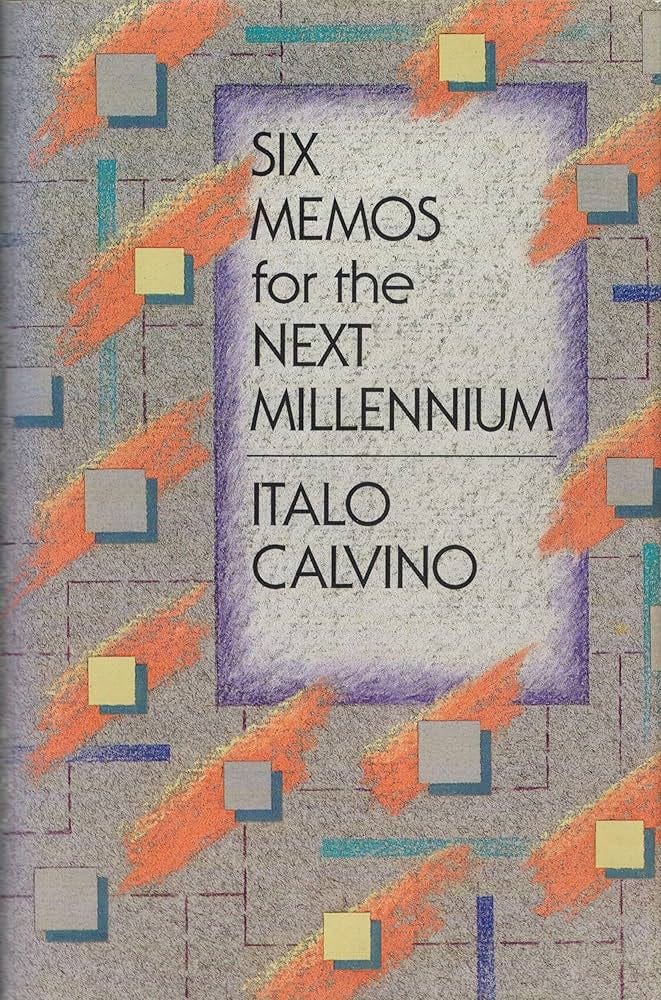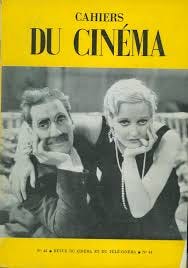So... Superman.
Special edition of the newsletter because 1) everyone's talking about it and I don't see why I shouldn't have my say, 2) because it's the number one movie in the world and talking about it will get me a for sure a whole extra reader and a half (off-screen laughter here), and above all 3) because I happened to talk extensively about this movie on social media, and I didn't want to leave my thoughts scattered around. As a result, this newsletter will resemble a patchwork rather than something written organically.
(Superman movie poster in Spanish - so “cartel de la película”, more precisely - because it’s the only hi-res image I found on line)
So.
TL;DR: Yes, I liked the movie a lot. Go watch it.
Long version: I am well aware that this is a blockbuster that has to follow certain (a lot of) commercial rules.
It's also a movie that has to relaunch a character who, in this cynical 2025, is probably difficult for a certain section of the audience to stomach: those who love the grim and gritty, those who think that being good and doing the right thing is for idiots and losers, etc.
The film also had to be the foundation of the new DCU.
A lot of things, a lot of pressure, a lot of expectations for this Superman.
But James Gunn is a human being who 1) thinks things through and 2) actually reads comics. And he knows the source material well.
Despite his smiles and selfies on social media, I can't imagine the tension this man must have felt when they told him, “We're counting on you. If you screw up the new DCU, we'll be in deep shit and it’s gonna be YOUR FAULT.”
The starting point will be the nonsense I read online, the main one being “This isn't Superman/it's a non-canonical Superman.”
Uuuhm… Wrong. There are something like 300 canons (it’s a stretch, but you get the idea) in DC Comics. It's no coincidence that Mark Waid, who knows a thing or two about Superman (so much so that a street was named after him in the film), talks about his personal “headcanon” when he talks about Supes.
Gunn simply took inspiration from several story arcs/stories, making authorial choices (we'll come back to this definition later) and effectively creating his OWN canon, a canon that was suitable for all the things mentioned above, namely relaunching the character, reflecting on present times according to his vision of the world, and creating the first piece of the new DCU.
Did we mention that James Gunn actually reads comics? This is indeed the Silver Age Superman, but it is also Morrison and Quitely's All Star, Moore and Swan's Whatever Happened to the Man of Tomorrow, Goyer and Sepulveda's The Incident (Action Comics 900, if you’re not geek enough to know), Austen and Zezelj’s Superman: Metropolis, Azzarello and Lee's Superman: For Tomorrow, Straczynski/Roberson and Barrows's Grounded and (a reflection on) Waid and Ross's Kingdom Come, but it's also an assist for De Matteis and Giffen's Justice League (which it partly echoes in tone) and, incredibly, even for Ellis and Hitch's Authority... Gunn has read them all (another problem: if you haven't read that specific Justice League run, don't make things up: Guy Gardner has *always* been an arrogant jerk).
“It’s the usual Gunn’s light/irreverent/goofy comedic style he already used in the 3 GotG movies.”
Uuuhm…no. Here irony is just irony: it's not that “stylistic device” that has become commonplace in all MCU films where as soon as there is the “risk of saying something serious,” someone would fart (not literally, but you get the idea). Here, there is irony when it's needed, and when serious things have to be said, they are said.
Warner Bros saw the box office takings for GotG and asked Safran and Gunn, “Make us money like you did for Marvel.” But Safran was clear in saying that he trusted Gunn's vision. And the man thought long and hard. And it's clear that he's very attentive to the zeitgeist: this film takes itself very seriously, despite the jokes. In 1978 they said we would believe that a man could fly, but in 2025 Gunn chooses to do something much harder in this cynical and disenchanted world, namely to make us believe that a man can have a pure heart.
Maybe it's because I like Star Trek and Doctor Who, two TV shows that shamelessly tell us that we can be better than we are. But when I see a film like this, I think, “About time.” I'm sick and tired of grim and gritty. I wanted someone to remind me that we can be more than screaming monkeys furiously typing bullshit on the internet (quote for those who know).
I'll say more. I'll venture a thought, not as a critic but as an author putting himself in the shoes of another author (and thus in the unpleasant position of having to say, “I have no proof, Your Honor, it's my Ghost telling me so”): Gunn has… “matured”? You can see that he's “thinking differently”, like that ending of GotG3 where he says, “Enough nostalgia, let's get back down to earth,” and where themain character arc is that of Starlord, who is repeatedly told, “Grow up.”
What I watched this on the big screen it really seemed to me like a movie made by a responsible parent for their children: “I'm an idiot, don't listen to me, but let me still tell you a couple of important things.” [I hope this doesn't come across as too cloying, but whatever.]
This movie is not a colorful toy full of geeky weirdness, as I've read around. Gunn didn't just put colors and Krypto in here. Name me one blockbuster where there's that dialogue about what Kal thinks punk rock really is. Or, as mentioned above, what Pa Kent tells his son. [At that moment, I really thought, “I'm sorry I don't have children, because I'm sure they would have liked this movie.”]
We can't have reached the point where either the director spoon-feeds us important concepts or we don't notice the subtleties.
Last but not least of the crazy reviews I've read online: those that emphasize with gravity that a frivolous product like this doesn't deserve such deep examination, and that making cultivated analyses of the relationship between the film and the original material is a vacuous exercise in critical theory.
[I can certainly dispute positions such as “Superman is the movie we needed.” A writer/director makes choices that they believes are right, both as an author and from an ethical point of view, but let's not delude ourselves into thinking that a Hollywood blockbuster will change/save the world. End of obviousness, I apologise.]
So: confusing “lightness” and ‘superficiality’ is... quite superficial. Calvino had already explained the difference in Six Memos for the Next Millennium. (Lezioni americane”, original Italian title for my Italian readers): which has been available since 1988. Reading them could be useful.
(“I hope to have shown that there is such a thing as a lightness of thoughtfulness, just as we all know that there is a lightness of frivolity. In fact, thoughtful lightness can make frivolity seem dull and heavy.” Italo Calvino)
Furthermore: a profound critique may not always be of the film as such, but of the film as a cultural product and what this cultural product says about the zeitgeist. No work of entertainment is ‘neutral’ or ‘harmless’, because every story carries meaning.
And again: comparing a movie (or a tv series, or whatever) with the original material is something that has always been done. But you have to know how to do it. And – it should be obvious – you have to really know the original material.
I'm old enough to be able to say that I was there when film critics around the world were speechless in front of Tarantino's Kill Bill. Because the culture needed to contextualize it referred (not only, but largely) to wuxiapian and kung fu movies, which critics at the time, with very few exceptions, knew a single fuck about. We Eastern cinema nerds were amazed to discover that Tarantino was one of us, while professional critics didn't know what to make of that movie: analyzing Tarantino's first three films had been “easy” for them, since noir genre had long been and was already at that time the subject of analysis. But no one knew anything about that Asian “rubbish,” no one had the tools to evaluate that film. The same goes for many critics who say—nothing wrong with that, but just say it and have the courage to say it—that superhero comics are crap: maybe they are, but that's not the point. The point is that they know nothing about it, so they are unable to talk about it, except to express their disgust. Even worse are the journalists who have read a couple of random issues and graciously give us their half-assed articles about that fact that this is not “the real Superman” (see above for this).
It's 2025 and the industry has changed profoundly. Not understanding how cinema is made and produced today, what mainstream has become (what has survived of it), that authorship can just “pass” through tiny cracks in mainstream products and claim to evaluate certain “narrative objects” through the politique des auteurs of the Cahiers of the mid-1950s, seventy years later... well, “it seems at least bizarre to me” (quote from Boris, the greatest Italian comedy tv series of all time). (I love Truffaut like any other person, but if you want to apply that method of film analysis, do it on festival/art-house movies. It doesn’t work here).
(a very tiny picture of Cahiers du cinéma issue #44 cover, February 1955, in which - if I remember correctly- François Truffaut spoke for the first time about the "politique des auteurs" in the article"Ali Baba et la 'Politique des Auteurs'.”)
What a tedious rant this thing turned into. Sorry.
Superman won't save the world.
But it's a great movie. Go watch it.






